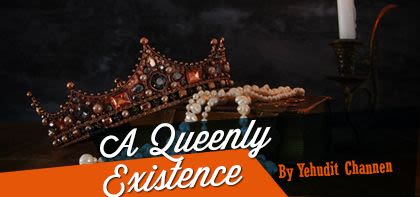
A Queenly Existence
When Elchanan was almost two, he developed a very high fever that ultimately damaged his brain. But this special child was the catalyst to help his sister find her soulmate…

This week my family suffered a big loss. My daughter-in-law’s mother, Malka Sharabani, died after a four-year illness.
She was sixty-three, which sounds old enough to die when you’re twenty, but not old at all when you’re about the same age. I’m the same age.
We knew that Malka, may her memory be blessed, was approaching the end but I’ve found that people are never really ready for the shock of death. It’s too final and way too frightening.
Who isn’t afraid of the day of reckoning? If you aren’t than you’re either a complete angel or you suffer from some form of delusion.
My three-year-old grandson told me, “My Savta (grandmother) laid down in the bed and passed away. They put her body in the ground.” His older brother and sister giggled nervously and continued coloring, pressing hard on the crayons, going way past the lines.
How can their little minds comprehend death, I wondered? Not that I know much more than they do; a bit more but not a whole lot.
I remember when my own mother died. All I wanted was a telegram from heaven. Just a few words telling me that she was fine. It’s funny. Today we have all sorts of ways to communicate. But there’s no app for the afterlife. Nothing can break that sound barrier between this world and the next.
Sometimes if we’re lucky, Hashem blesses us with a dream in which we see relatives who have moved over to the other side. Those dreams are a gift but you can’t count on them.
Rabbanit Sharabani was a lovely person. Warm, regal and very spiritual, it was an honor to know her.  She never seemed to be in a hurry and was always very gracious.
She never seemed to be in a hurry and was always very gracious.
Malka was raised in a prosperous, religious home in Iran. She was beautiful. And she was strong.
Malka’s tenth child was a boy named Elchanan. He was an adorable baby who was spirited, bright and vocal. When Elchanan was almost two, he suddenly developed a very high fever. He was rushed to the emergency room and left weeks later, severely brain damaged. Elchanan never spoke again and although he can walk, he is extremely limited in what he can do for himself.
Elchanan attends a special school every day but each afternoon he used to come home to Malka. For twenty years she alone took care of her son. As hard as it was, she refused to have him put somewhere. She said he was holy, a kamia (spiritual protection) for their home. She was also afraid of his being mistreated or lonely and not being able to tell her.
However difficult it was taking care of him physically, how much strength and emuna it must have taken to look at him every day…her youngest child who had gone from completely healthy to barely functioning. And for what possible reason? It’s a situation as mysterious as life itself. And yet Malka managed to stay grateful, spiritual and calm.
This last year, as Malka became weaker, the family had to pitch in more with Elchanan. They had to take him for the afternoons and often a Shabbos so that Rav Sharabani could be with his wife in the hospital.
My son Binyamin, who works with children from broken homes, was happy to help even though it was difficult. He is a gentle person with a lot of patience and a great sense of humor, and Elchanan always seems pleased to be around him. This gave Malka great peace of mind. I was proud that Binyamin was willing to take care of his brother-in-law in such intimate ways. The compassion of my own son humbled me.
Now that Malka is gone there is a lot to contend with, and obviously caring for Elchanan is a priority.
The Sharabani’s have been trying to hire a foreign worker but each one that meets Elchanan becomes overwhelmed. We will have to see what Hashem has in mind for him; G-d willing it will be resolved quickly in the best possible way.
The last time I saw Malka was a few months before she died. It was at our granddaughter’s siddur party. Despite her weakness Malka showed up, dressed beautifully, complete with make-up and a stylish head-covering.
I couldn’t stay long and after twenty minutes I waved goodbye to my granddaughter and walked out the door.
Suddenly I heard my name being called. I turned and saw Malka hurrying after me as best she could. I went to meet her and she took my hands. “Yehudit,” she said.” I want you to know how much I love Binyamin. He has a huge heart and he’s full of kindness. He makes Tirtza very happy. I want you to know that I love him very much. There is no one like Binyamin.”
As Malka spoke I got tears in my eyes. I knew why she was telling me this. Binyamin and Tirtza had fallen in love through Elchanan. Each morning Tirtza used to stand with Elchanan on the street, waiting for the bus for handicapped children. Binyamin used to stop and chat with her on the way to yeshiva, keeping her company while she and her brother waited for the van.
Tirtza’s parents were not thrilled. Being from a well-known and long line of Sephardic Rabbis, the Sharabani’s have an ancient culture, unique customs and a whole network of friends and relatives.
My son, as nice as he was, was not what they had in mind for their daughter. Our two families simply did not match.
Still, Tirtza was insistent that it was Binyamin she wanted. She went out once with someone else but her mind was already made up. She stopped eating and became withdrawn. Eventually her parents relented; Binyamin and Tirtza were married shortly after.
Now ten years later, Malka wanted to be certain I knew (though I did already) that she and her husband had come to appreciate my son.
It was important for her to know that I was left with a good feeling between us. And I was. When I recall her last words to me, they still give me tears. Her name was Malka, which means Queen, and that’s what she was–a regal soul who bestowed on me a very precious goodbye.


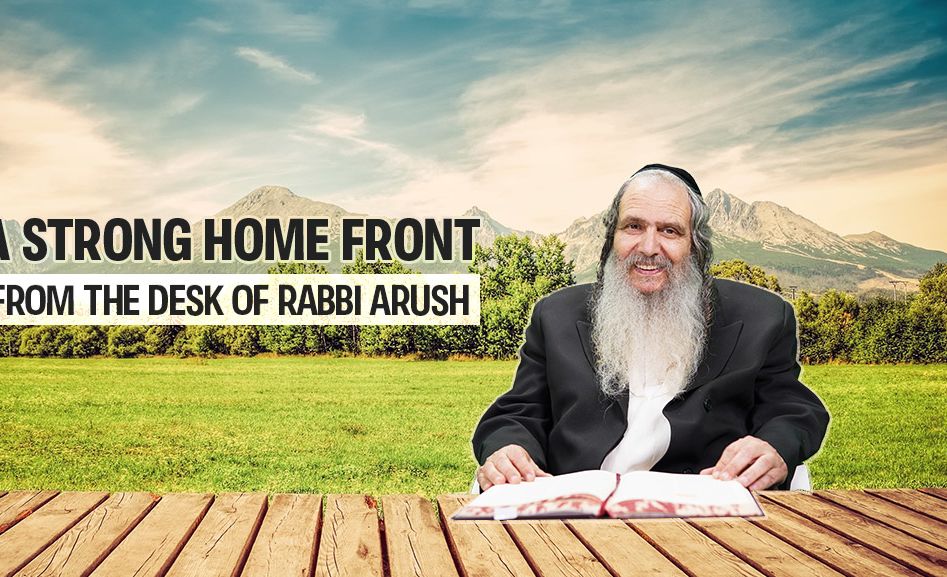
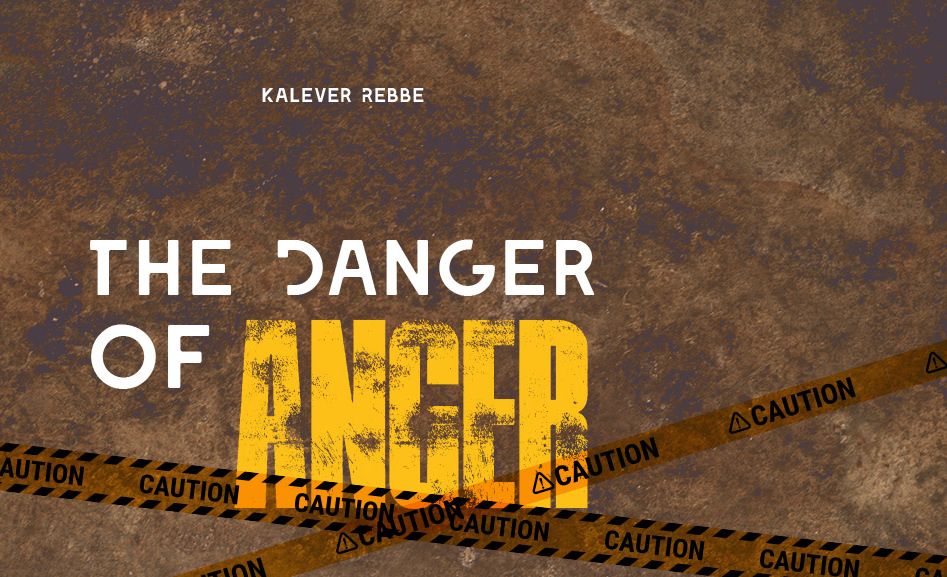
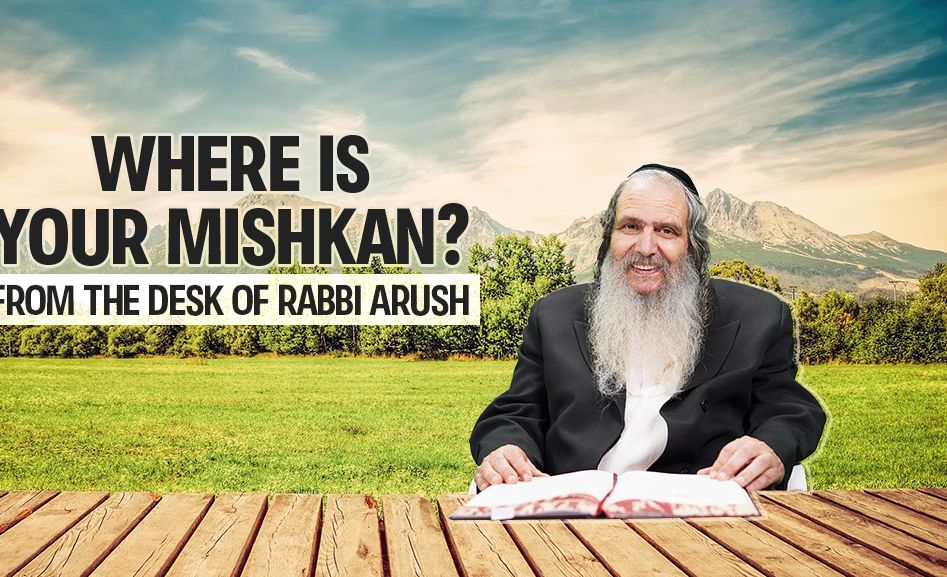
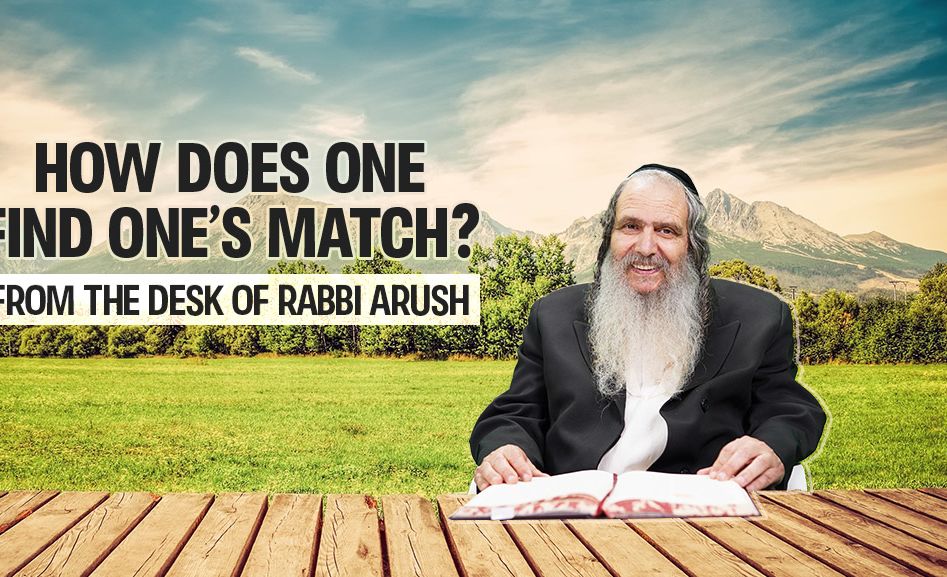
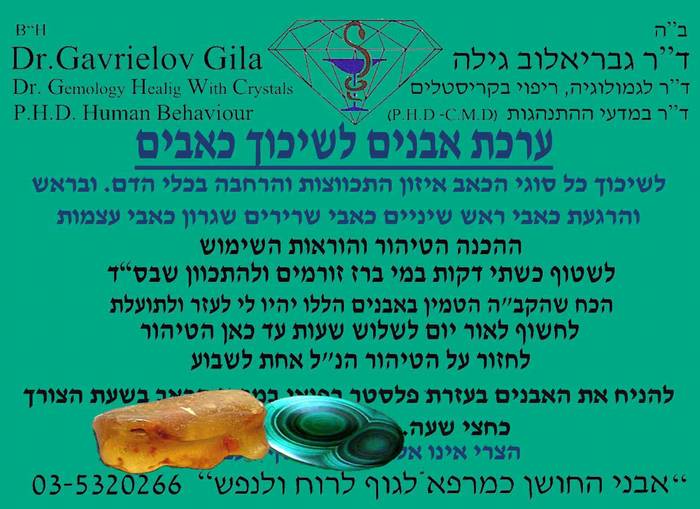
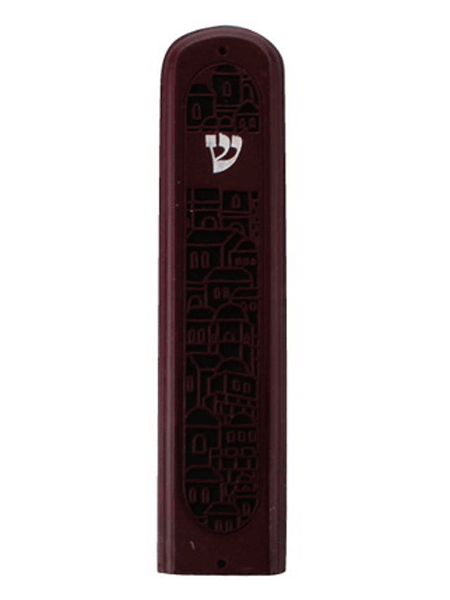


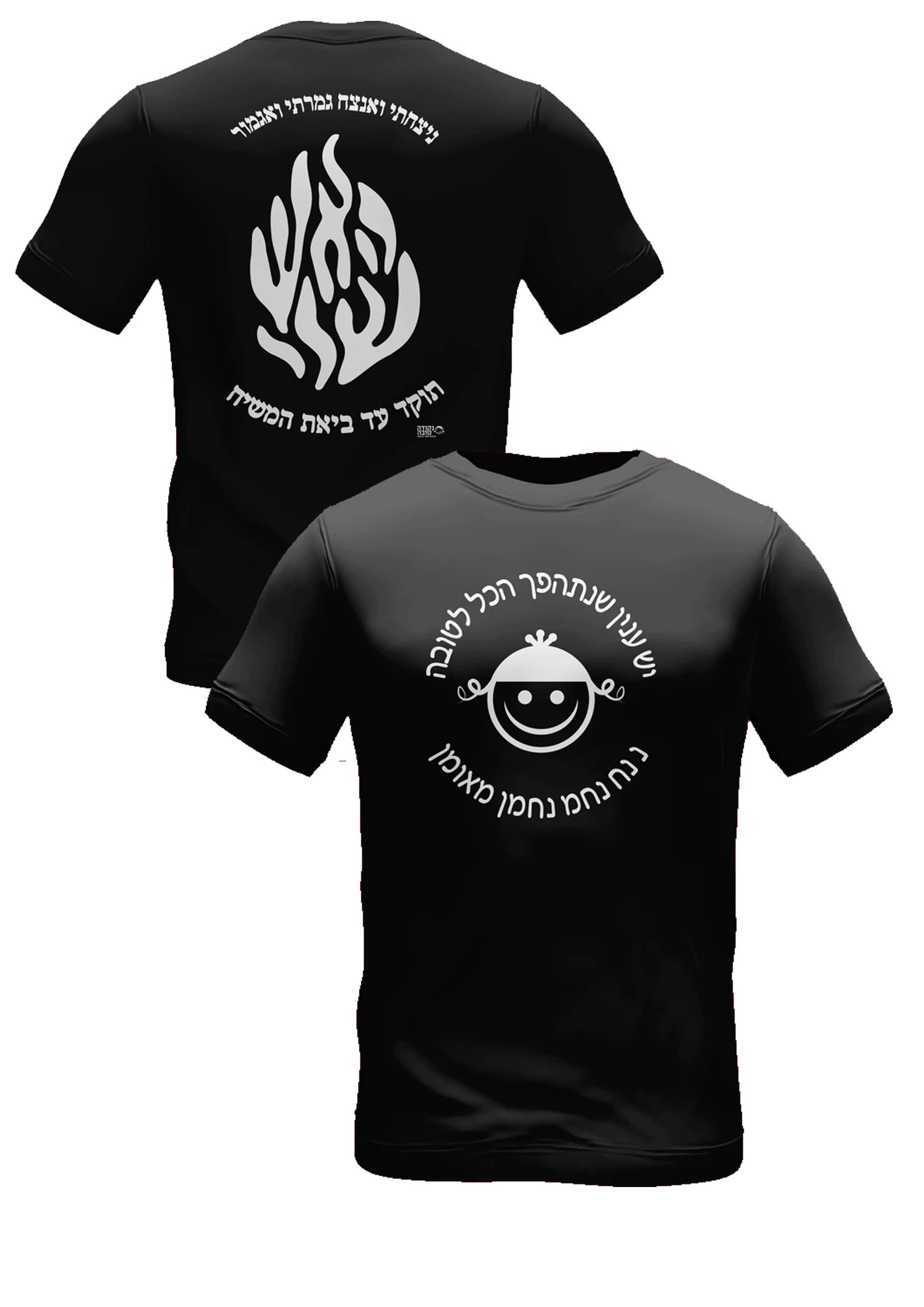
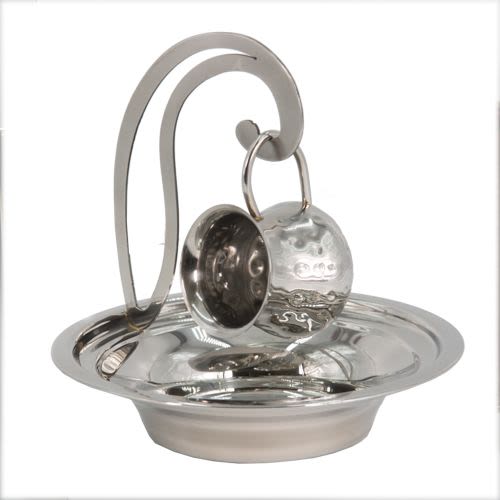
Tell us what you think!
Thank you for your comment!
It will be published after approval by the Editor.